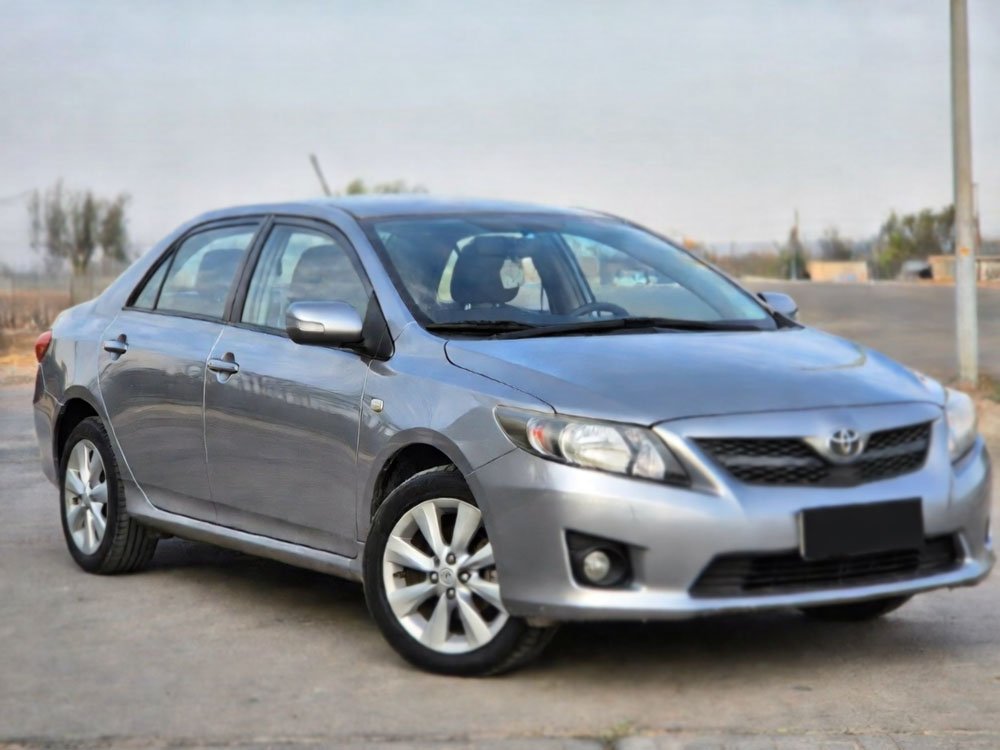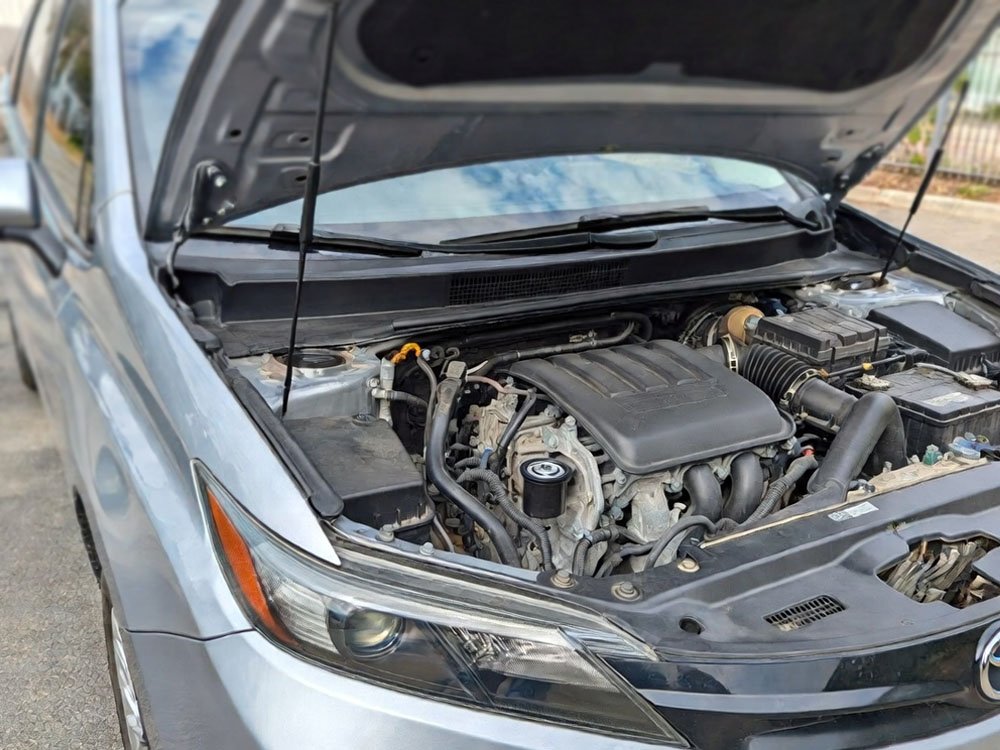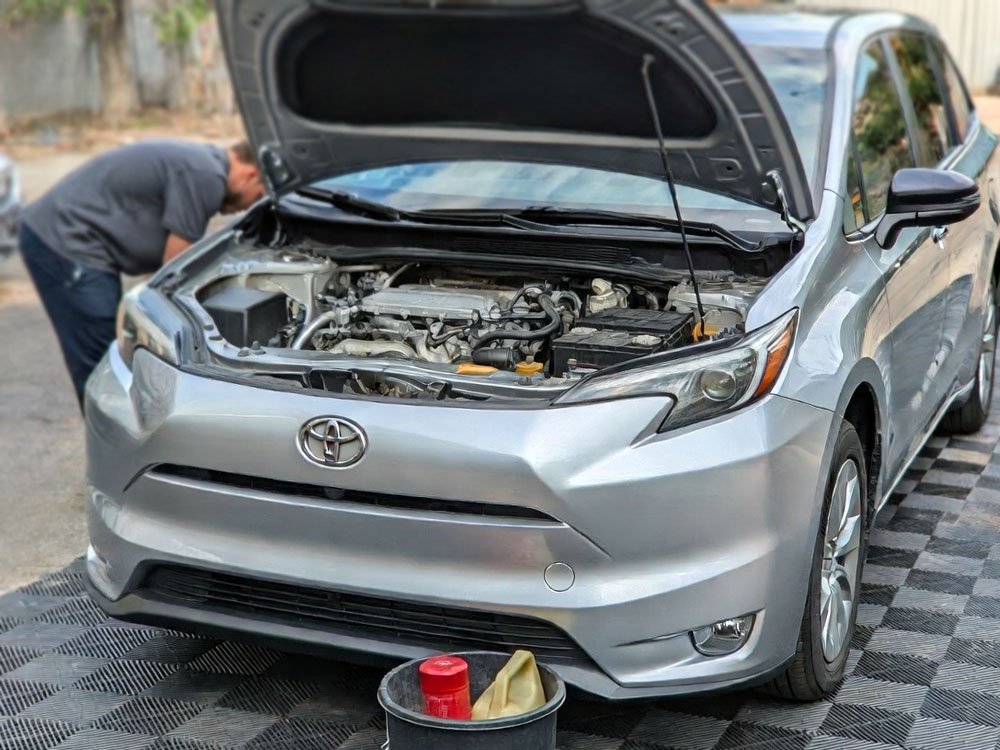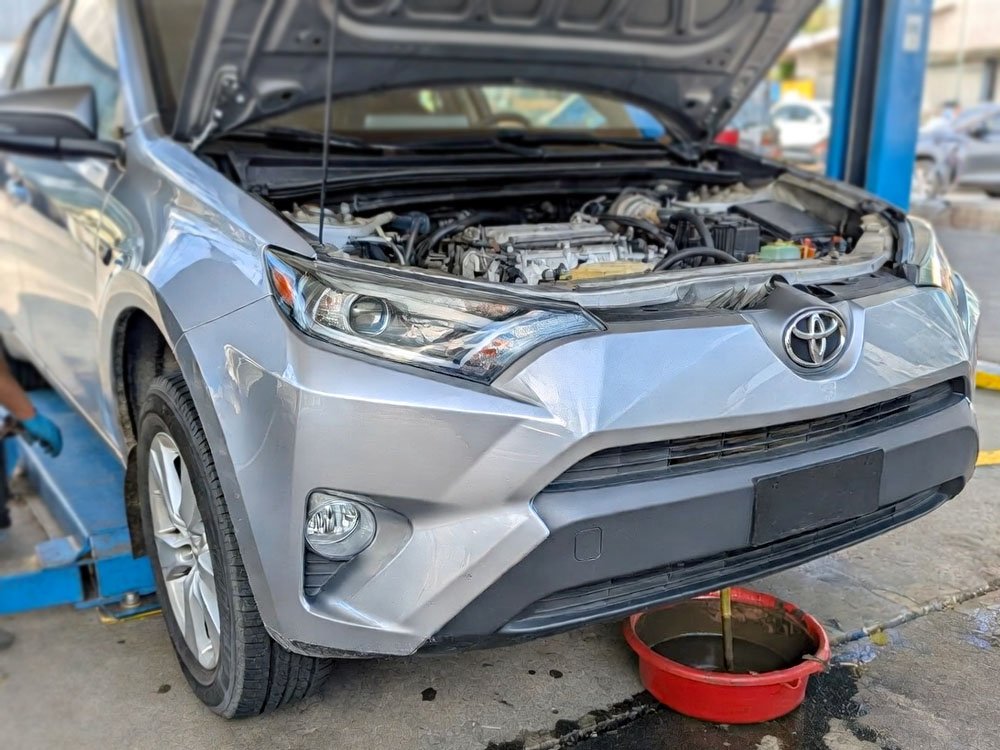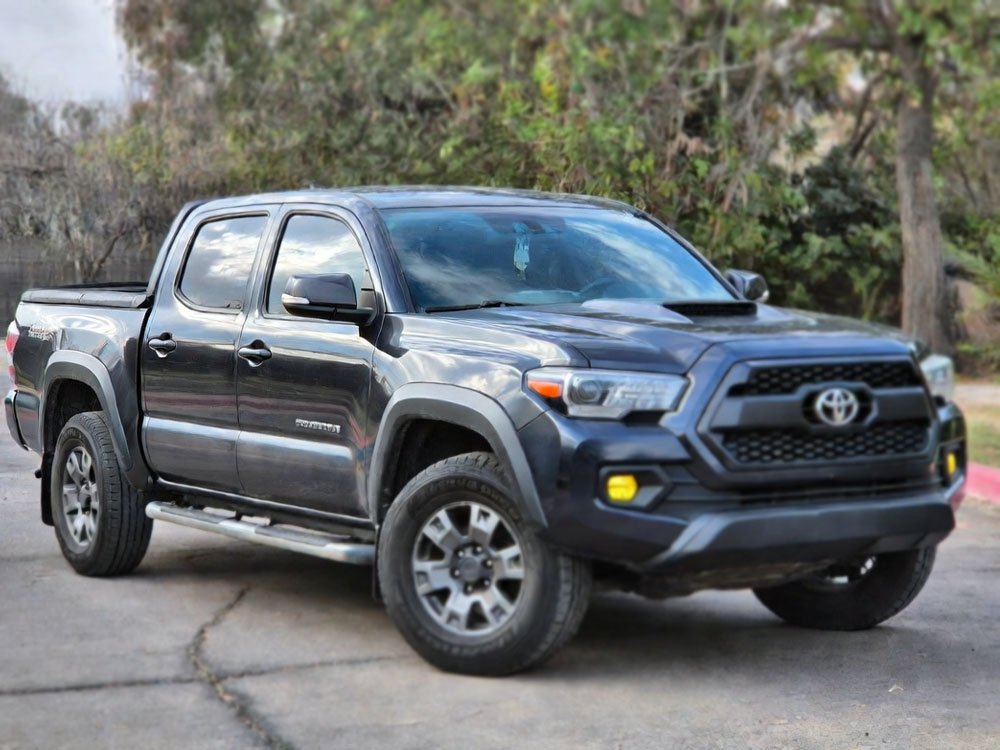As an Amazon Associate, I earn from qualifying purchases at no extra cost to you.
How Long Does Oil Last in a Car Not Driven? Discover the Truth
When you’re not driving your car, it might sit in your driveway or garage for weeks, months, or even longer. One thing you might wonder about is the oil in the engine. Does it go bad when the car isn't being driven? Does it need to be changed if you haven't used the car for a while? In this article, we'll talk all about how long oil lasts in a car that’s not being driven, what you should do about it, and how to make sure your car stays in great shape, even if it's parked for an extended period.
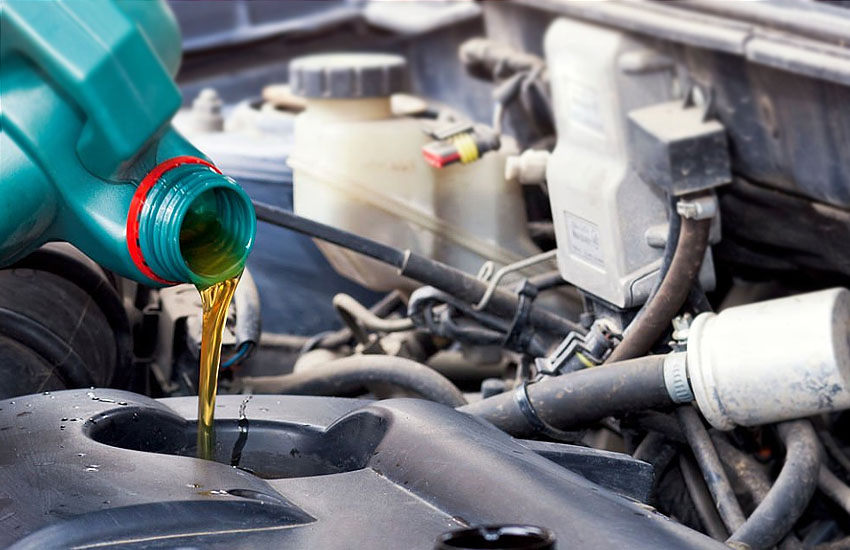
Understanding Motor Oil in Your Car
Motor oil plays a crucial role in the smooth running of your car. It helps to lubricate the engine's moving parts, reduce friction, and prevent overheating. Oil also helps clean the engine and protects it from corrosion. But the question is, when the car isn't being used, does oil still do its job?
What Happens to Oil When Your Car Is Not Driven?
When a car is sitting idle, the oil is not circulating through the engine like it does when you're driving. Oil has additives that keep it from breaking down quickly, but over time, it can still degrade. If your car is parked for an extended period, there are a few things that can happen to the oil:
- Settling of additives: Oil contains special additives to prevent the buildup of dirt and sludge. Over time, these additives can settle at the bottom of the oil if the car isn't being driven.
- Oxidation: Even if the engine isn't running, oil can still be affected by air and moisture. When oil absorbs moisture or reacts with oxygen, it can start to break down and lose its effectiveness.
- Contaminants: Oil can also collect contaminants over time, like dirt, dust, or metal particles from the engine. This can happen even when the car is not being driven, especially if the car was used before being parked.
Does Oil Go Bad in an Inactive Car?
Yes, oil can go bad in a car that's not driven. While it might take longer than it would in a car that's being used regularly, oil eventually degrades due to time and conditions. The oil's ability to protect the engine from wear and tear weakens, and it might even become sludgy or thick, which can harm the engine when the car is finally used again.
How Long Can You Leave Oil in a Car That Isn't Driven?
Now, let's answer the big question: How long can you leave oil in a car that's not being driven? The answer isn't exactly straightforward because there are several factors that affect oil's longevity. However, we can give you some general guidelines based on different circumstances.
Oil Lasting Time for Short Periods (Up to 6 Months)
If your car will be sitting unused for a few weeks or even a couple of months, the oil should still be okay. Modern oils are designed to last longer than the older types of motor oils. As long as your car is in a relatively clean environment, and there are no extreme temperature changes (like freezing cold or intense heat), the oil can last for a short time without problems. You might want to check the oil condition after about 6 months, though. If it looks dirty or smells burned, it’s time for a change.
Oil Lasting Time for Long Periods (6 Months to 1 Year)
If your car is sitting for longer than 6 months, it's a good idea to replace the oil before you start driving it again. Even if the oil looks okay when you check it, it can still lose its effectiveness over time. After about 6 months of being inactive, the oil's performance starts to degrade due to oxidation, and moisture could build up in the engine. Changing the oil before starting the car is especially important if the car was used a lot before being parked, as old oil can have more contaminants in it.
Oil Lasting Time for Extremely Long Periods (Over 1 Year)
If your car is left unused for a year or more, you should definitely replace the oil before you drive it again. The longer the oil sits in the engine, the more likely it is that it has broken down and accumulated contaminants. The oil might even have gone past its shelf life, which is usually around 1 year for most motor oils. Even if you use a synthetic oil, which lasts longer than conventional oil, it's better to be safe and change it to ensure your engine stays healthy when you start driving the car again.
How to Maintain Your Car's Oil When It's Not Being Driven
If you know your car will be parked for a while, there are a few things you can do to maintain the oil and protect your engine. Let's go over some simple steps that can help extend the life of your oil and make sure your car is ready when you are.
Change the Oil Before Parking Your Car for a Long Time
One of the best ways to protect your car's engine when it's going to sit unused for a long time is to change the oil right before parking it. Fresh oil will have all the additives it needs to protect your engine. Plus, it'll prevent any contaminants from sitting in the engine for an extended period.
Use a High-Quality Synthetic Oil
Synthetic oils are designed to last longer and perform better than conventional oils. If your car will be parked for a long time, it's a good idea to use synthetic oil before parking it. This type of oil is more stable and can handle extended periods of inactivity better than regular oil. It's also less likely to break down or get contaminated quickly.
Store the Car in a Clean, Dry Area
The environment where you store your car plays a role in how long the oil stays effective. If your car is kept in a garage or other clean, dry space, it will be protected from dirt, dust, and moisture, which can all contribute to oil degradation. Storing the car in a place with extreme temperatures—like an unheated garage during the winter or a hot, humid area—can cause the oil to degrade faster.
Consider Using a Fuel Stabilizer
If your car will be parked for a long time, don't forget about the fuel! Fuel can break down and form gum-like substances that can clog your engine. A fuel stabilizer is a good idea to help prevent this. Add the stabilizer to your fuel tank before parking the car, and it will help keep your fuel fresh and prevent it from harming the engine.
What to Do When You're Ready to Drive Your Car Again
When it's finally time to drive your car after it has been sitting for a while, you might be wondering what steps to take to make sure everything is running smoothly. Aside from changing the oil if it's been a long time, there are a few other things you should check.
Check the Oil Level and Condition
Before starting the car, check the oil level and condition. If the oil looks dirty or smells burned, it's time for a change. If it looks fine, but it's been more than a year since you last changed it, it's still a good idea to replace it.
Inspect Other Fluids
Oil isn't the only fluid that keeps your car running smoothly. Check the brake fluid, transmission fluid, coolant, and power steering fluid to make sure they're at the correct levels. If any of these fluids are low or dirty, it's best to top them off or replace them.
Start the Car and Let It Warm Up
Once you’ve checked the oil and fluids, start the car and let it run for a while. This allows all the fluids to circulate and warm up, ensuring that everything is functioning as it should. Avoid revving the engine too much right away, as the oil needs time to flow properly throughout the engine.
Taking care of your car, even when it's not being used, is important to make sure it runs smoothly when you need it again. Regular oil changes and proper storage will help extend the life of your car and keep the engine in great condition.
Frequently Asked Questions
Is it bad to leave oil in a car that isn’t driven for months?
Yes, it can be bad for the oil and engine if the car is left unused for long periods. The oil may degrade, and contaminants can build up, affecting engine performance when the car is finally started.
Can I just add fresh oil to my car if it's been sitting for a while?
While adding fresh oil might seem like a quick fix, it’s better to replace the old oil entirely to avoid mixing degraded oil with the new. This will help your engine run smoother.
Do I need to change the oil if I'm not using my car for a couple of months?
It's not always necessary to change the oil if the car will be sitting for just a couple of months. However, it's a good idea to check the oil and consider changing it if the car will be parked for more than 6 months.
Is it okay to drive a car after it has been sitting for a year without changing the oil?
It's not recommended. Even though the car hasn't been used, the oil can still break down and lose its effectiveness. It's best to change the oil before starting the car.
Can oil go bad if a car isn't driven in the winter?
Yes, cold weather can speed up the breakdown of oil, especially if moisture gets into the engine. Make sure to check the oil and consider changing it if the car has been sitting for an extended period.
Do I need to worry about oil contamination in a parked car?
Yes, oil can collect contaminants over time, especially if the car was used just before parking. These contaminants can cause the oil to lose its protective abilities.
Is it important to store my car in a dry space to protect the oil?
Yes, storing your car in a dry, clean space can help prevent the oil from degrading quickly due to moisture and dirt. Extreme temperatures can also affect the oil's performance.
Can I leave my car for several months without checking the oil?
It's always a good idea to check the oil even if you're not using your car often. If it's been months, it's worth checking the oil's condition and level to avoid potential issues when you start the car again.



